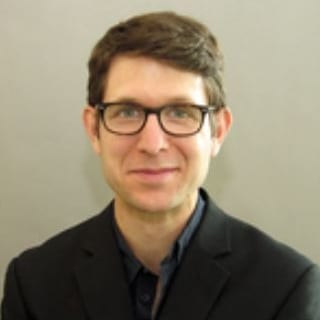Contents
After the elections, the SVP has more National Council seats in French-speaking Switzerland than the FDP. Also because the FDP made the wrong tactics.
« À droite de l’UDC, il n’y a plus que le mur » – to the right of the SVP, there is only the wall. This quip is heard again and again in political debates in French-speaking Switzerland. The saying is bitterly nasty and shows the long-held local view of the SVP: it was considered too right-wing and absolutely unelectable.
And yet the SVP now has more National Council seats in western Switzerland than the FDP: twelve seats for the SVP in Geneva, Vaud, Neuchâtel, Jura, Freiburg and Valais. Nine for the FDP. That is remarkable. The EEA vote in 1992, which marked the birth of the SVP’s steep rise in German-speaking Switzerland, is a political trauma in French-speaking Switzerland. This had voted together with the two Basels for accession and was outvoted. Because of the SVP.
Since then, the German-speaking Swiss have been called “les nay-sayers” in satire. Because of the SVP and the EEA vote. And now it is precisely this SVP that is gaining voter share everywhere in French-speaking Switzerland and is challenging the FDP for its traditional supremacy.
FDP miscalculated
The FDP has miscalculated in the largest cantons in western Switzerland. In Vaud she entered into an alliance with the SVP. The result: The SVP won one seat, the FDP lost one. And the center also won a seat. It no longer took part in the “Alliance Vaudoise”, although it was precisely this alliance of the center party that helped Valérie Dittli get elected to the government in the last cantonal elections. In Geneva, the FDP entered into an alliance with the SVP, the MCG and the center. The result: the MCG won two seats. The FDP nothing. The FDP and SVP also worked together in the Jura. The SVP won a seat in the National Council. The FDP again nothing.
The FDP is also the silent loser of the elections in French-speaking Switzerland because its Neuchâtel councilor Philippe Bauer was voted out. Of all places, in the last canton where the FDP alone forms the majority in the five-member government. In Vaud, the FDP candidate Pascal Broulis faces a difficult second round of voting against the assembled left behind the Green candidate. In Geneva, the FDP is no longer allowed to take part in the second round of voting.
The middle can hold on in French-speaking Switzerland. But the GLP only has one National Council seat instead of three and no longer has any strong figures.
The pendulum swings back to the left
To the left of center, the Greens, who benefited from the almost twice as strong Green Wave in French-speaking Switzerland in 2019, lose. They are losing massive share of the vote in Vaud and Geneva, but are able to limit the damage in terms of seats: minus one seat in the National Council in the canton of Vaud and Geneva. The SP wins, but not enough to offset the Greens’ losses.
The Greens are also paying the price for the fact that climate protests were particularly strong in French-speaking Switzerland. Not only were there so-called climate glues, but entire golf courses were converted into potato fields. This put the party in an impossible situation: setting boundaries would scare away potential voters. Not distancing oneself probably resulted in the loss of moderate voters. The SP, on the other hand, managed what the FDP could not: clearly remaining the strongest force in its camp.
Despite the Greens’ losses, the left-wing camp remains stronger in French-speaking Switzerland than in German-speaking Switzerland. On the left, French-speaking Switzerland continues to operate differently. On the right, it is increasingly in step with German-speaking Switzerland.
